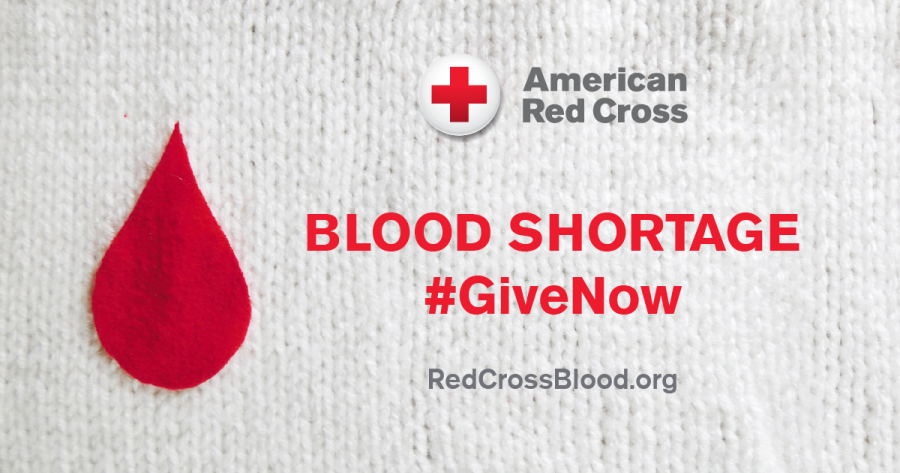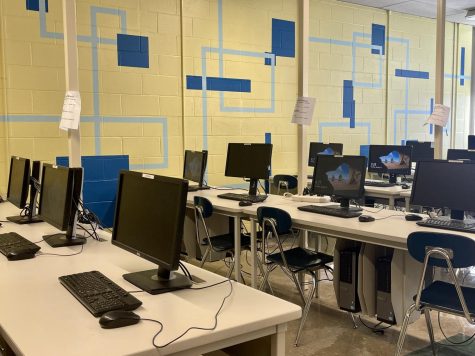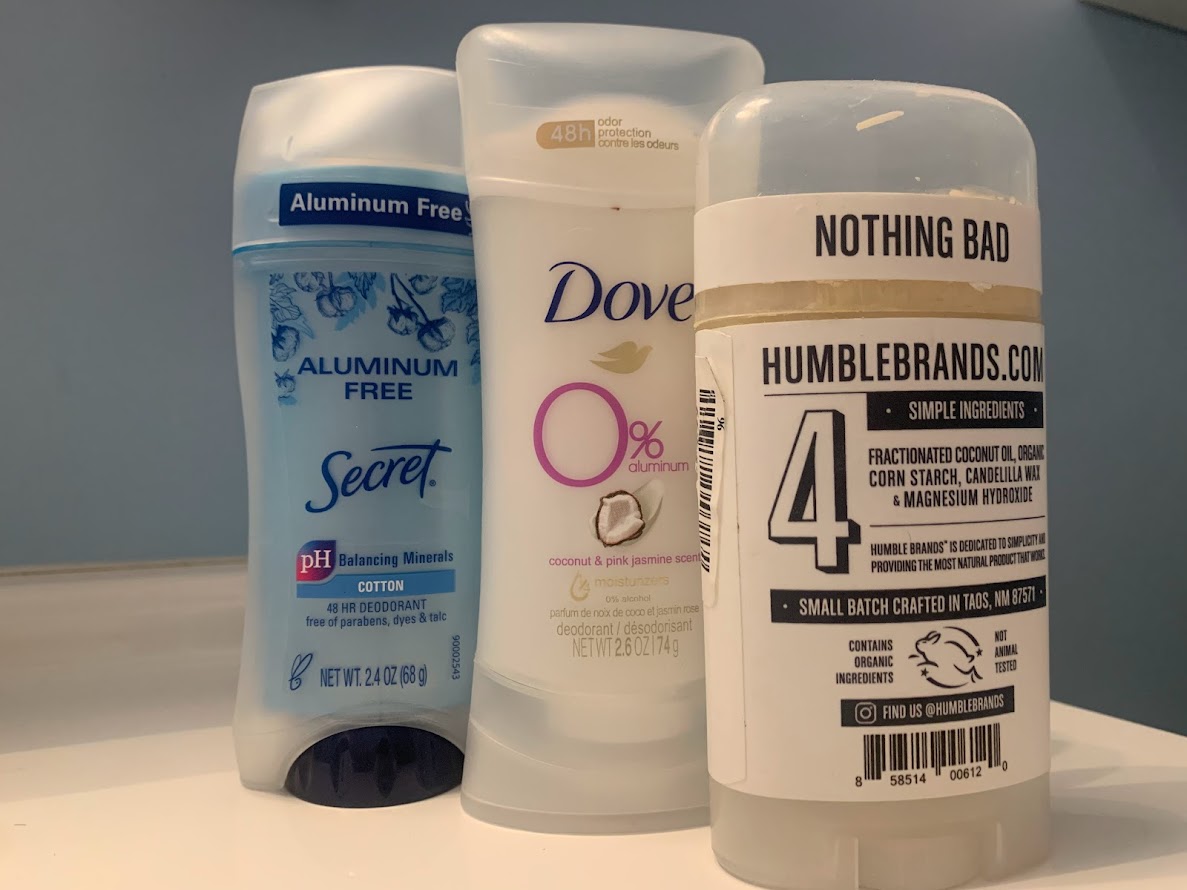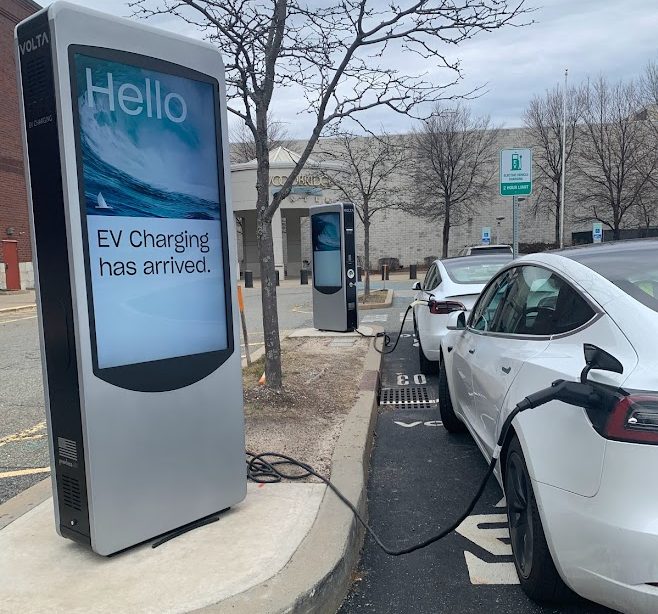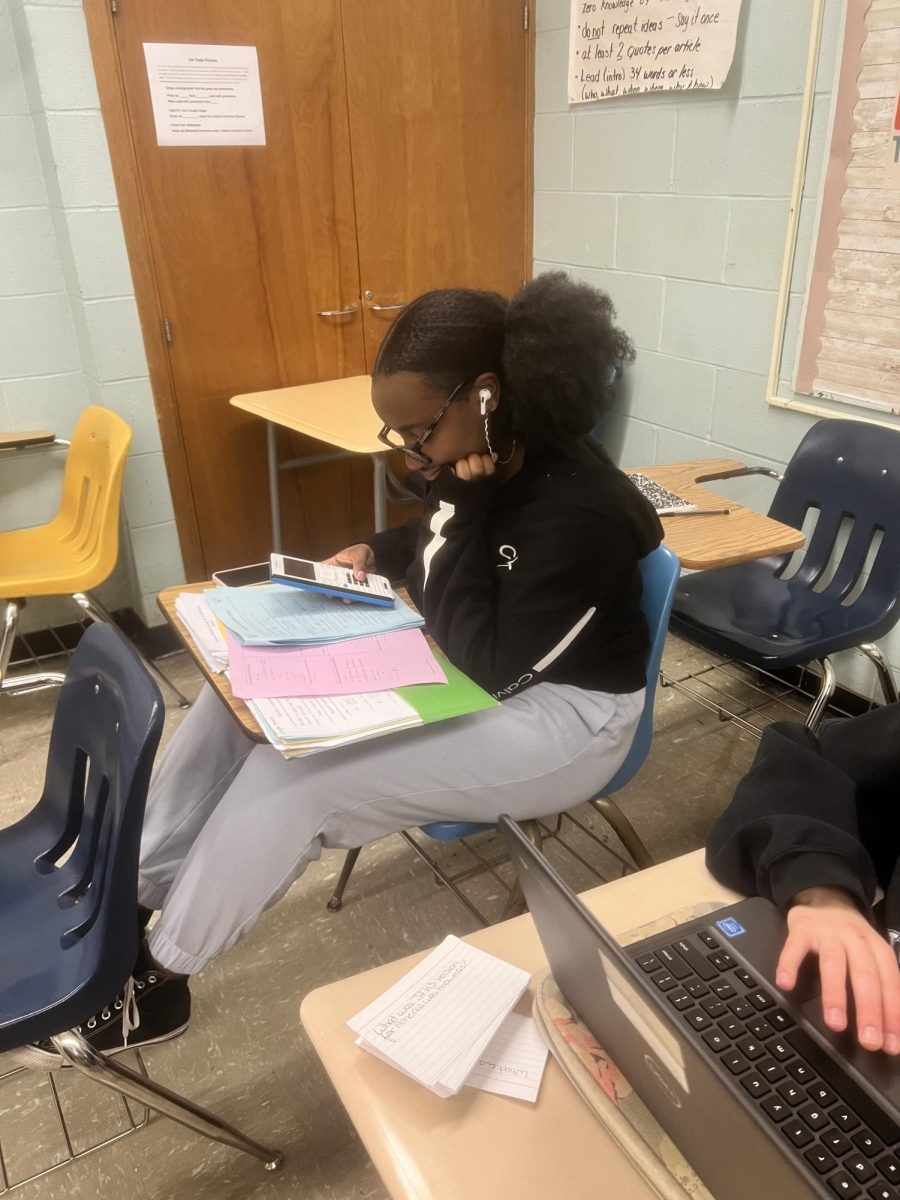Since January 14, 2022, 68% of the American Red Cross blood centers are seeing a 10% decline in the number of people donating blood. The Red Cross normally supplies 40% of the U.S.’s national blood supply that hospitals use. In effect, health workers fear the blood shortage will become a long-term problem.
How Bad is the Shortage?
Hospitals around the country are short of hundreds of blood units. Hospitals will need thousands of blood units to make up for this shortage. One unit of blood is equal to 500 millimeters. The American Red Cross estimates that the United States requires 29,000 units of red blood cells daily. Furthermore, the average red blood cell transfusion is around three units. However, a car accident victim may require up to 100 units of blood.
To solve this shortage, the Red Cross is raising awareness and urging individuals to donate blood:
“All types are needed now, especially types O positive and O negative, as well as platelet donations, to help reverse this national blood crisis,” wrote the American Red Cross in a press release.
Ms. Kerstin Hartlieb, Sign Language Teacher at Colonia High donates blood every 90 days. “I donate regularly because I am O+ and I know that blood is needed for car accidents and surgeries. I am also CMV (Cytomegalovirus) negative which means that my blood clan be given to infants and new born children if it is needed. I even donated during the pandemic. All I had to do was wear a mask.”
“If there is not an immediate opportunity available to donate, donors are asked to make an appointment in the days and weeks ahead to ensure the Red Cross can replenish and maintain a sufficient blood supply,” American Red Cross states.
What is causing the blood shortage crisis?
Ever since COVID-19 blood banks and donations have experienced a 10% decline. Most blood drives held by high schools and colleges have also dropped 62%. Students went from accounting for 25% of donors in 2019 to 10% during the pandemic. This is because blood drive cancellations were being linked to illness, weather-related closures, and major staffing restrictions. The active flu seasons have also made the situation worse as people are too sick to donate.
The American Red Cross states, “We are all learning how to live in this new environment, how we spend our time, where we work, how we give back, how we make a difference in the lives of others – donating blood must continue to be part of it.”
How to help the cause
Society is responsible for supporting this shortage and taking time to donate. One can schedule an appointment via their nearest blood drive or volunteer to assist during the event as well. Upon your donation make sure you have a valid blood donor card, driver’s license, or two other forms of identification. Individuals who are eligible must be at least 17 years of age, weigh at least 110 pounds, and be in good health. High school students under the age of 18 have different requirements that they must meet as well.
Therefore if you are able and willing to donate blood please don’t wait. The crisis is not only posing a concerning risk to patient care, but doctors must also make a difficult decision about who receives blood transfusions. Blood and platelet donations are critically needed to help prevent further delays in vital medical treatments. Furthermore, health workers fear the blood shortage will ultimately limit proper medical care and future medicine advancement.




